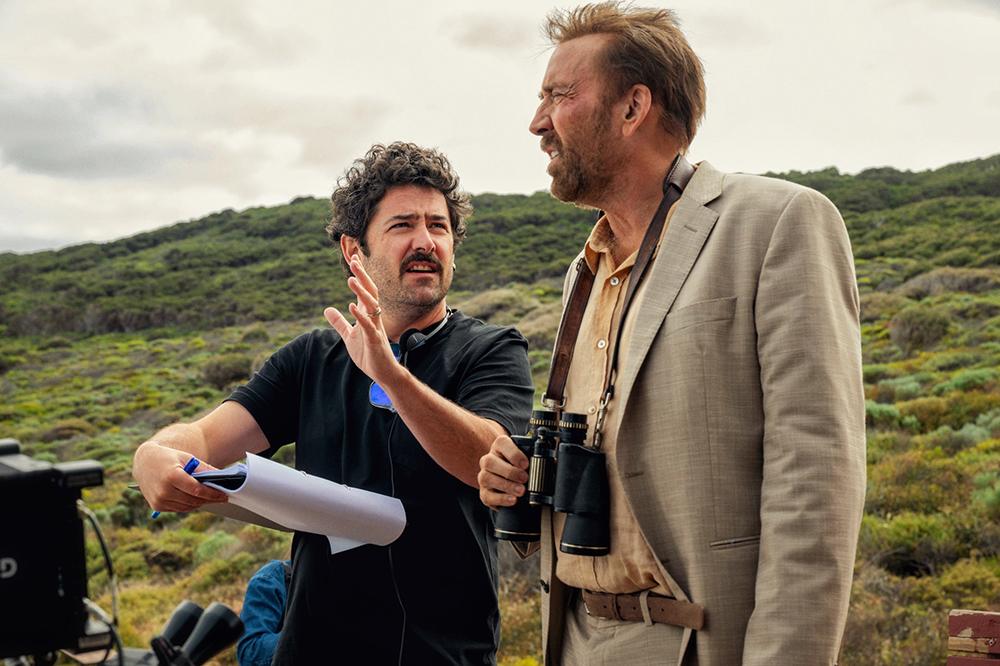The String: A Tender Tunisian Drama About Identity, Family, and Love
Released in 2009, The String (Le Fil) is a Franco-Tunisian drama directed by Mehdi Ben Attia. With its blend of personal intimacy and cultural tension, the film explores themes of sexuality, family expectations, and the challenges of living authentically within a conservative society. Set in contemporary Tunis, The String is both a love story and a meditation on the invisible ties—between people, traditions, and desires—that shape an individual’s life.
The story follows Malik (Antonin Stahly), a young French-Tunisian man who returns to his mother’s home in Tunis after years of living abroad. Malik, an architect, hopes to find comfort and belonging in his homeland but soon finds himself suffocated by the weight of tradition and his mother’s expectations. The title, The String, refers to a metaphorical cord that Malik imagines tied to his mother, a symbol of his deep connection to her but also the source of his inability to live freely.

Malik’s struggle intensifies as he confronts his sexuality in a society that remains deeply conservative. He falls in love with Bilal (Salim Kechiouche), a free-spirited gardener working at his mother’s estate. Their romance is tender, passionate, and life-affirming, offering Malik a glimpse of the freedom he longs for. Yet, their love exists in the shadow of secrecy, threatened by cultural taboos and the fear of rejection. The film captures the intensity of their relationship with sensitivity, emphasizing emotional intimacy as much as physical attraction.
Central to the narrative is Malik’s relationship with his mother, Sara, played by Claudia Cardinale. A towering figure in Tunisian and international cinema, Cardinale brings depth and nuance to the role of a mother torn between love for her son and adherence to societal norms. Her performance embodies both warmth and restraint, reflecting the tension between maternal instinct and cultural expectation. Malik’s inability to “cut the string” with his mother becomes a powerful metaphor for the broader challenge of reconciling personal truth with collective tradition.
Stylistically, The String combines realism with poetic symbolism. The Mediterranean landscapes of Tunis provide a vivid backdrop, their beauty contrasting with the emotional turbulence of Malik’s inner world. Director Mehdi Ben Attia uses light, color, and quiet moments to highlight both the tenderness of Malik and Bilal’s love and the oppressive weight of societal judgment. The film’s tone is contemplative rather than sensational, preferring subtle gestures and silences to dramatic outbursts.

Upon its release, The String received praise for its courage in tackling LGBTQ+ themes within a North African context. Critics highlighted the film’s sensitivity, its refusal to stereotype, and its balanced portrayal of tradition and rebellion. While some viewers noted the film’s slow pacing, many celebrated it as a groundbreaking work that gave visibility to queer love in a region where such stories are often silenced.
In conclusion, The String is a poignant exploration of love, identity, and the ties that bind us. By portraying Malik’s struggle between filial duty and personal authenticity, the film reflects the universal human desire for acceptance and freedom. With its touching performances and evocative storytelling, The String stands as a significant contribution to both queer cinema and Tunisian cultural expression.


